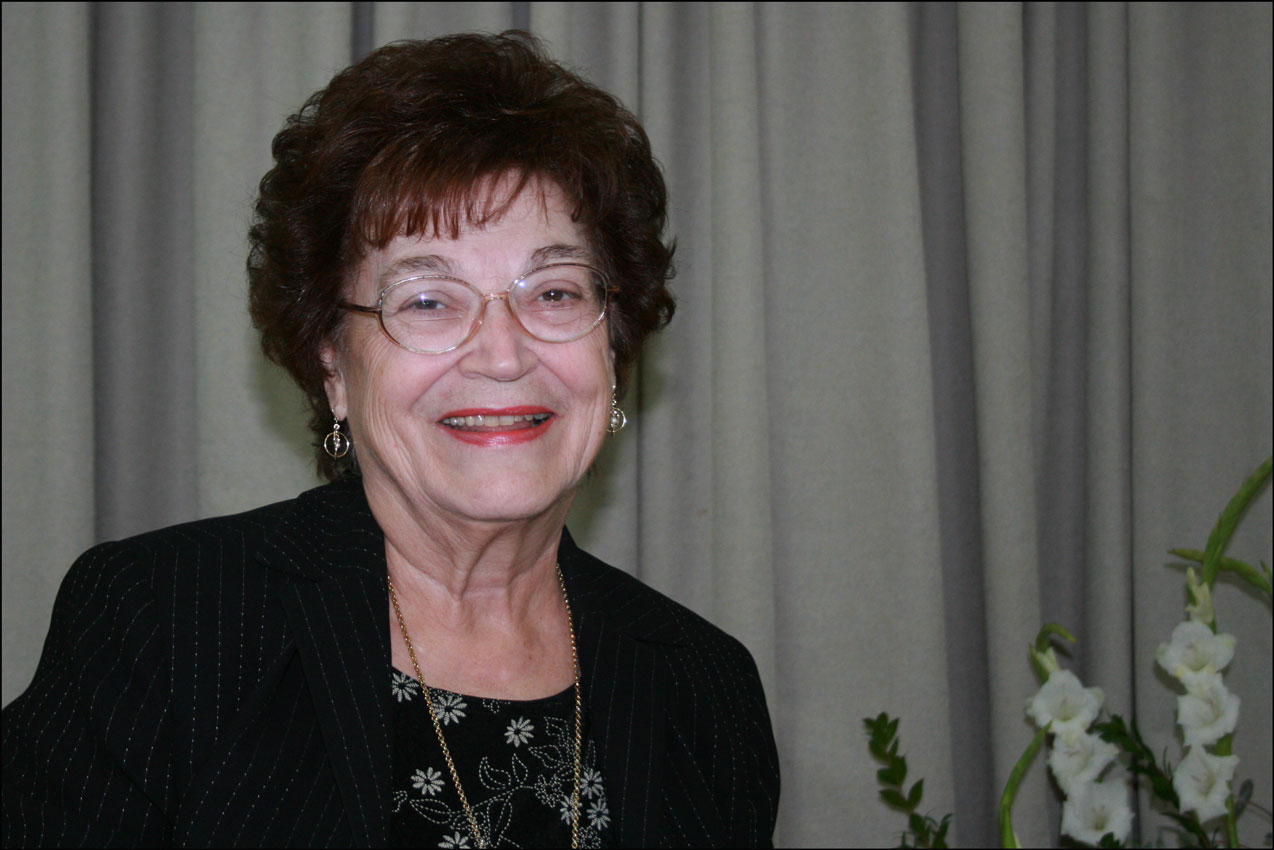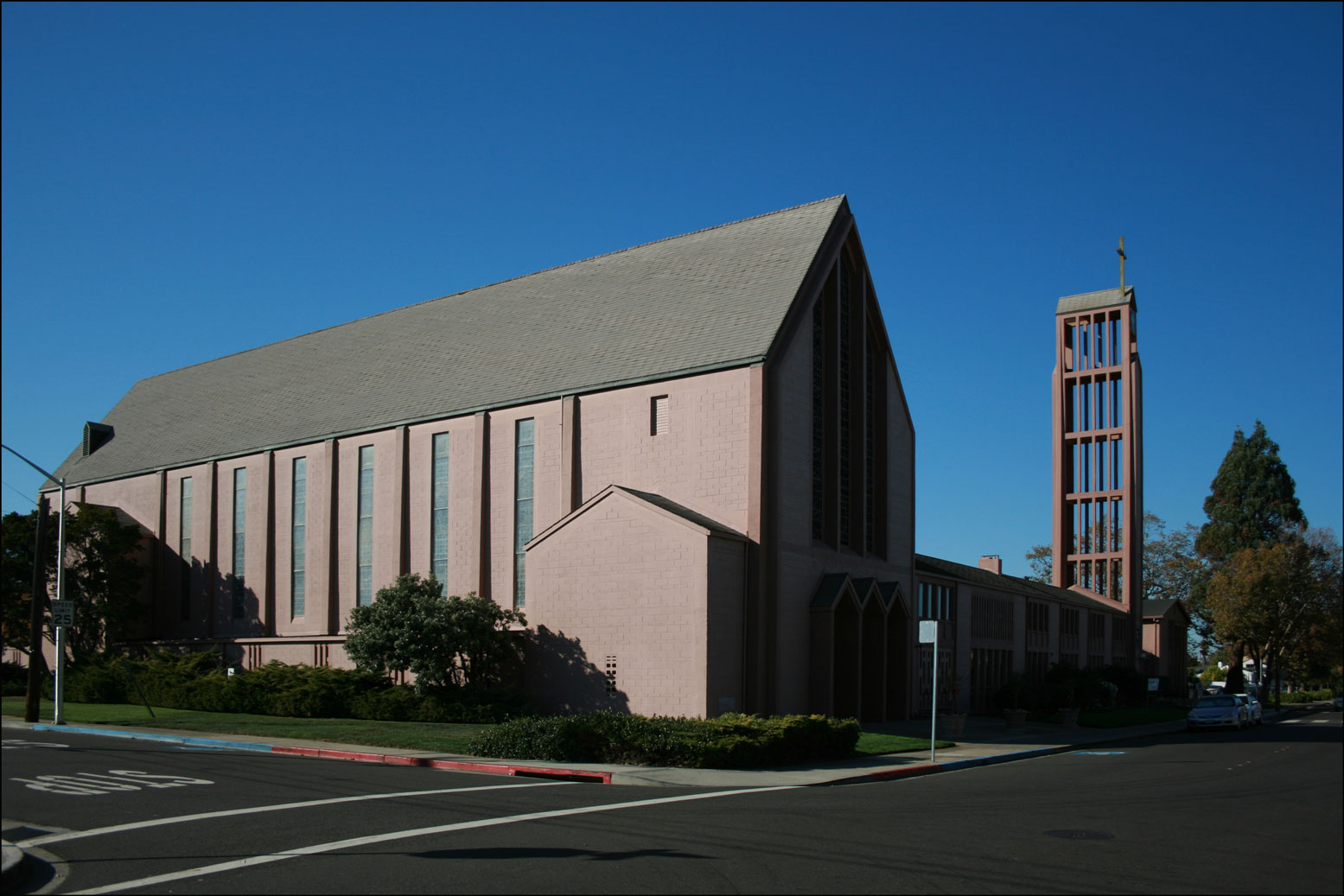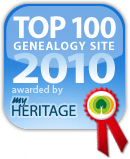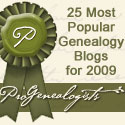The San Mateo County Genealogical Society held its Fall Seminar on Saturday, 03 November 2007 at the 1st Presbyterian Church in San Mateo, California with guest speaker Christine Rose, CG, CGL, FASG.
Christine Rose, CG, CGL, FASG
SOURCE: Christine Rose, CG, CGL, FASG. Photographed 03 November 2007 by Stephen J. Danko.
Addicted to CourthousesÂ
Christine’s first lecture of the day was entitled Addicted to Courthouses. Christine described how to find courthouse records and etiquette to use when searching records.
Christine recommended that researchers check where the records are kept before venturing to the courthouse in person. Some records may have been transferred to a state archives, a local historical society or library, or may be kept in a separate Surrogate’s Office. Take good maps and schedule a minimum of traveling time during courthouse hours. Be sure to verify that the courthouse will be open on the days and at the times you intend to visit.
After arriving, approach the clerk and ask to see the indexes, ask where the earliest volumes are kept, and inquire about photocopying. Do not start reciting the details of your research problem.
When recording information, note the index and volume used (even if you didn’t find any information in it). Label the information as it appear on the spine. If the spine differs from the contents, make a note. Use all available indexes including newer consolidated indexes and the original indexes.
Study state law and how it affects the information contained in the records. Know the terminology used in the records for which you are searching. Do you know what the following terms mean and what the difference is between the terms in each pair?
-
primogeniture/entail
-
testate/intestate
-
devise/bequeath
-
administrator/executor
-
administrator cta/administrator dbn
-
holographic will/nuncupative will
Christine then discussed the various types of indexes (some very creative), estate files, marriage records, and civil records (including divorces, disputes, naturalizations, and changes of name).
County and Other Local Land Records
Christine’s second lecture was about land records. She began by defining a number of terms:
- warranty deed – the person granting the deed agrees to defend the title from claims of others
- deed of trust – three parties are involved, a “trustor” (borrower), a “trustee” (who holds the money), and a “beneficiary” (lender)
- crop lien – money advanced on the present crop
- quit claim deed – someone gives up their interest (if any) to someone else
- dower release – a wife releases her dower interest if the land is sold
- cemetery plot – a deed of a plot of land to become a cemetery or an individual plot within a cemetery
- lease – a contract granting use or occupation of property
- execution – to recover a judgment unpaid
- and many others including mortgage deed, partition, three lifetime leases, lease and release, bargain and sale, life estate, power of attorney, surveys, oil gas and mineral rights, foreclosures, rights of way, bill of sale, marriage contract, and discharges.
Christine discussed using newspapers as sources of information about land records. She also reviewed the use of indexes of the original records.
Using Military Records for Problem Solving
After lunch, Christine continued by discussing military records, discussing the types of military records available, where to find the records, and providing case studies as examples.
Compiled military service records consisting of pay rolls, muster rolls, volunteer enlistment, hospital records, and others are available for the Revolutionary War, the Post-Revolutionary War period, the War of 1812, the Indian Wars (prior to the Civil War), the Mexican War, and the Civil War.
She then delved into Federal Pension Records including Revolutionary “Service Pension” files, Old War Pension files, the War of 1812 Pension files, the Indian War Pension files, the Mexican War Pension files, the Pension files for the Civil War (Regular Army), Spanish-American War, and the Boxer Rebellion, and Confederate Pension files.
Christine also discussed Federal Bounty Land Records, including those from the Revolutionary War and the War of 1812, Indian Wars, and Mexican War.
Using case studies, Christine showed how these records include information about birth, birthplace, marriages, divorces, deaths, locations lived, siblings, and physical descriptions.
Using Little Known and Neglected Sources
Christine’s final lecture focused on using records that are either not used to their fullest extent or are frequently overlooked.
Her lecture included a description of land records, military records, legislative papers, newspapers, and court records, several of which she already discussed in her previous lectures.
She provided case studies of deeds of gift, deeds of personal property, final pension payments, legislative papers (including private claims for pensions presented to the House of Representatives), funeral notices, cards of thanks, court papers, divorces, registers of enlistment, surveys, declarations of intention, surrendered land warrants, letters, and state acts.
The purpose of these records is not only to learn statistics about our ancestors, but to find more information about who out ancestors were. These little known and neglected sources can help provide details about the times in which our ancestors lived and help us to truly know them.
1st Presbyterian Church in San Mateo, California
SOURCE: 1st Presbyterian Church in San Mateo, California. Photographed by Stephen J. Danko on 03 November 2007.
The day was enjoyable. The weather was perfect (just look at the blue sky in the photo above!), the lunch was delicious, and the seminars insightful. I left the seminar with a pile of books authored by Christine Rose and a pile of old journals and newsletters from the New England Historic Genealogical Society and the National Genealogical Society culled as duplicates from the library of the San Mateo County Genealogical Society.
Now I just need some time to read everything I brought home!
Copyright © 2007 by Stephen J. Danko






Thank you for the summary and how the day went. Sounds like it was informative, and yes, what a beautiful day in the bay area! I am having a difficult time differentiating some of the pairs of words you listed, so will look more into it. I can’t believe all the new material you came back with and yes, when do you find time to read it? Glad you were able to attend, I still look forward to one day we can attend the same one!